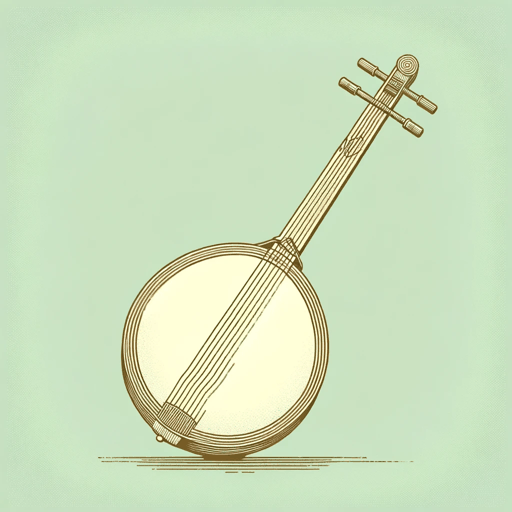48 pages • 1 hour read
Nikos KazantzakisZorba the Greek
Fiction | Novel | Adult | Published in 1946A modern alternative to SparkNotes and CliffsNotes, SuperSummary offers high-quality Study Guides with detailed chapter summaries and analysis of major themes, characters, and more.
Important Quotes
“Zorba was the man I had sought so long in vain. A living heart, a voracious mouth, a great brute soul, not yet severed from mother earth.”
(Chapter 1, Page 25)
After Zorba tells the narrator how he sacrificed everything to play the santuri, the narrator realizes Zorba embodies everything he himself lacks as an intellectual, namely a connection to the material world of sensory pleasures.
“‘No [...] I don’t believe in anything or anyone; only in Zorba. Not because Zorba is better than the others; not at all, not a little bit! He’s a brute like the rest! But I believe in Zorba because he’s the only being I have in my power, the only one I know. All the rest are ghosts. I see with these eyes, I hear with these ears, I digest with these guts. All the rest are ghosts, I tell you.’”
(Chapter 4, Pages 66-67)
The narrator wants to have genuine interactions with the men he hires to work on the mine, but Zorba discourages him from growing too close to them. Zorba doesn’t believe in men, only in himself. This is why he later mentions that he fears old age and thus the breakdown of his body.
“I was fully aware of what would be destroyed. I did not know what would be built out of the ruins. No one can know that with any degree of certainty, I thought. The old world is tangible, solid, we live in it and are struggling with it every moment — it exists. The world of the future is not yet born, it is elusive, fluid, made of the light from which dreams are woven; it is a cloud buffeted by violent — love, hate, imagination, luck, God…”
(Chapter 5, Page 74)
Zorba challenges the narrator about teaching abstract ideas to the villagers. Zorba believes that in teaching them about equal rights and animal cruelty, the narrator would only be demolishing their worldview. He asks what the point of that would be, if something else would replace their old belief system, but the narrator cannot answer.


